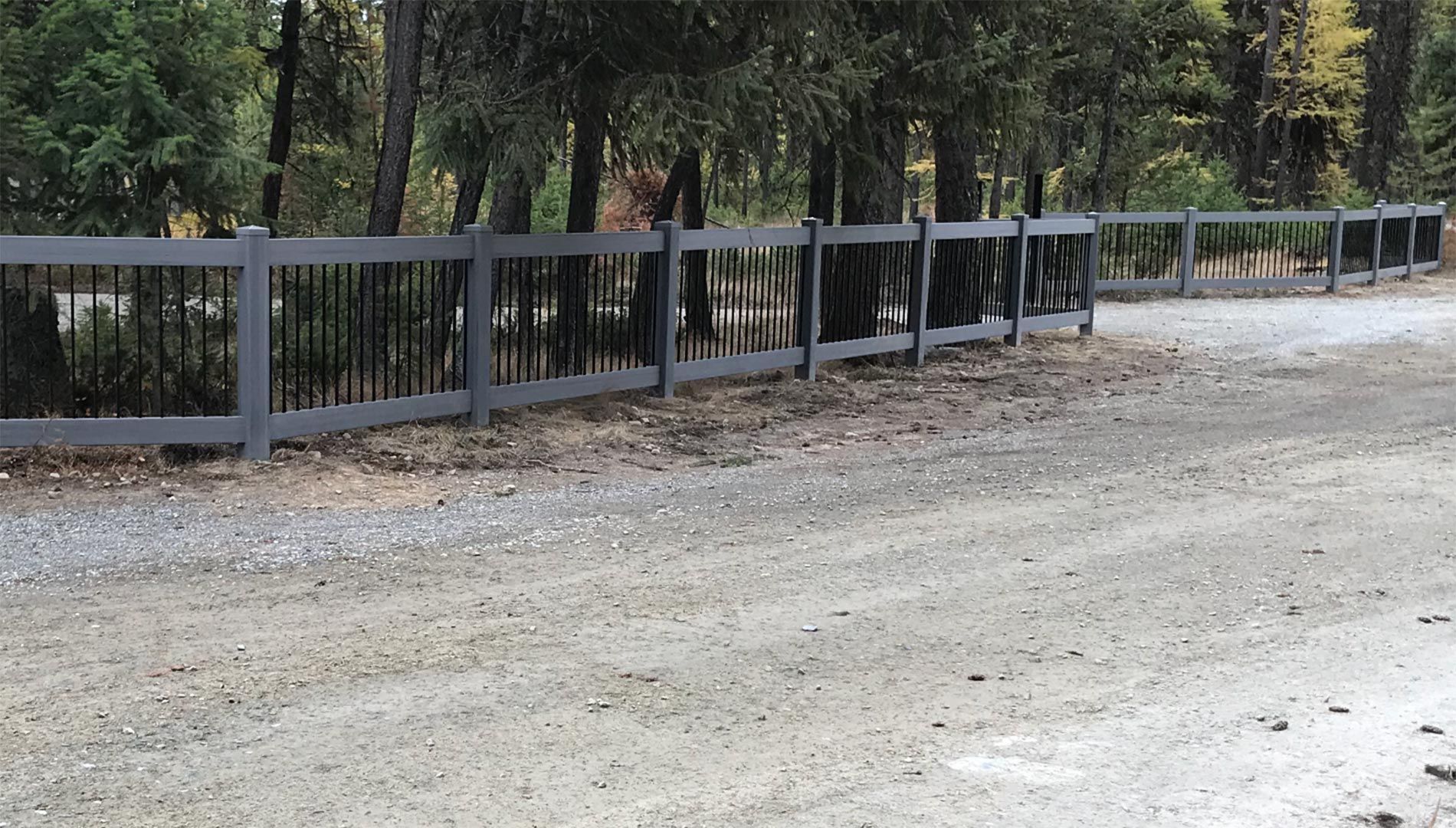Choosing the right fencing for your property can be challenging. Let’s break down the differences between continuous panel fencing and traditional options to help you decide.
Materials and Cost Comparison
The materials you choose for your fence significantly affect its price and performance:
- Continuous Panel Fencing: Made from welded steel, this type of fencing is built for long-term strength and resilience. Though the upfront cost can be more, it saves money in maintenance down the road.
- Traditional Fencing: Includes options like wood, barbed wire, or vinyl. While often less expensive upfront, these materials may require frequent repairs or replacements, increasing long-term costs.
Durability and Care: A Key Comparison
When it comes to withstanding the elements and everyday wear, here’s how the options compare:
- Continuous Panel Fencing: Engineered for strength, continuous panel fencing is highly resistant to damage from animals and weather. Maintenance is easy and usually just involves cleaning and occasional rust prevention.
- Traditional Fencing: Wooden fences can rot due to weather, while barbed wire and vinyl may degrade. Regular maintenance is required to keep traditional fences functional and visually appealing.

Visual Appeal of Fencing Types
The appearance of your fence plays a role in your property's overall appeal:
- Continuous Panel Fencing: With its clean and modern appearance, continuous panel fencing is suitable for both residential and farm settings, and can be tailored with different finishes and accessories.
- Traditional Fencing: Wood and vinyl fences evoke a traditional, rustic style, while barbed wire is more utilitarian in appearance.
Best Applications for Each Fencing Type
The purpose of your fence will dictate which type is most suitable:
- Continuous Panel Fencing: Best suited for containing livestock, marking property lines, and high-traffic areas where durability is a must.
- Traditional Fencing: A good choice for smaller spaces, decorative uses, or situations where cost is a concern.
Conclusion: Making an Informed Decision
To make an informed choice between continuous panel and traditional fencing, evaluate your priorities carefully:
- For long-term durability and low maintenance, continuous panel fencing stands out as the best option for durability and minimal upkeep.
- For a more budget-friendly or decorative option, traditional fencing may offer a more affordable and visually appealing alternative.
Consider your budget, property needs, and aesthetic preferences to choose the ideal fencing option.